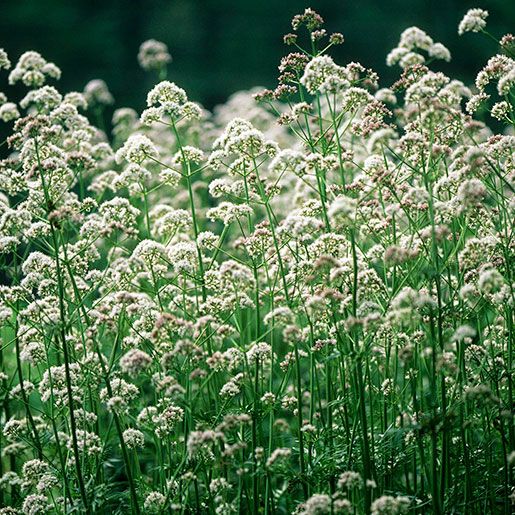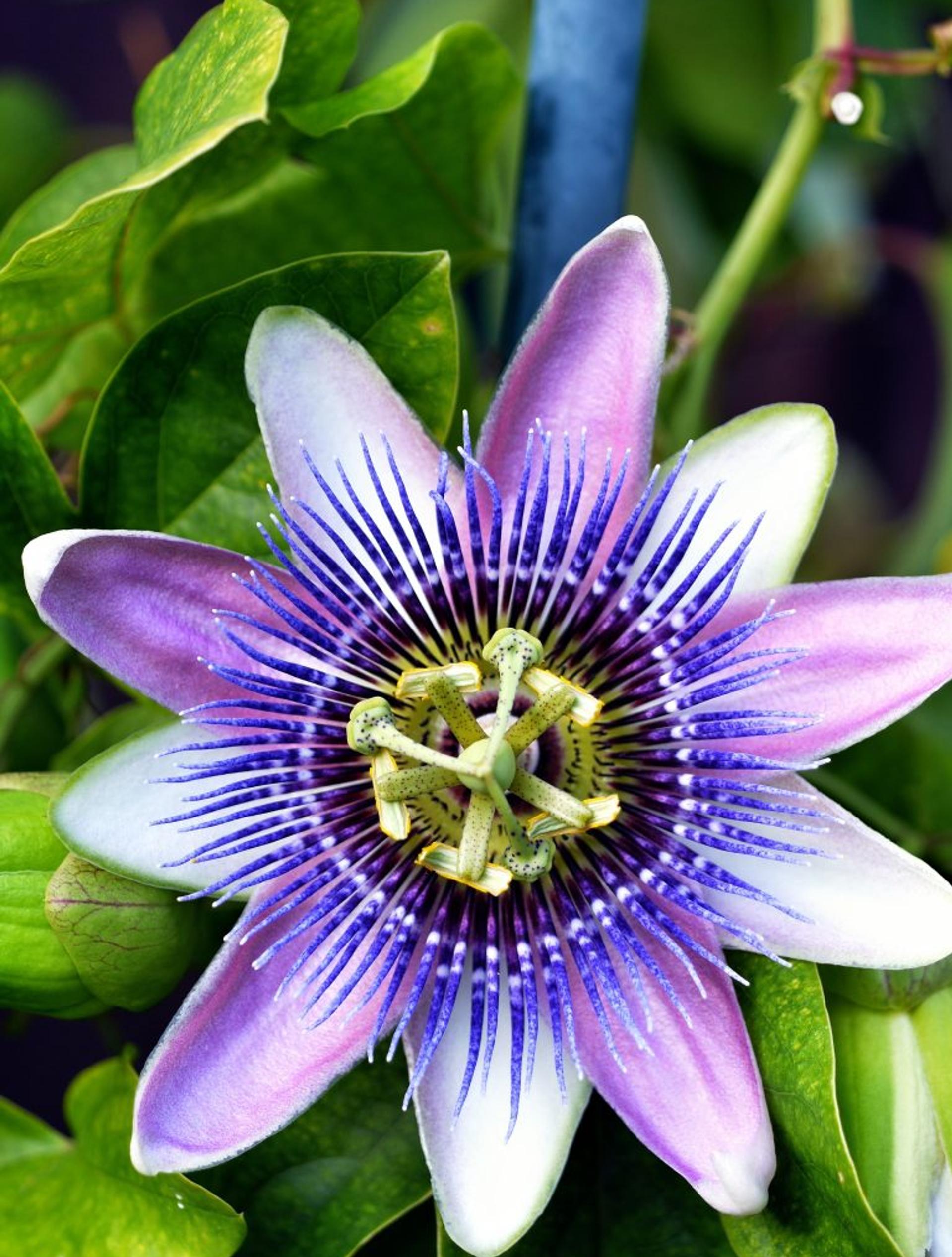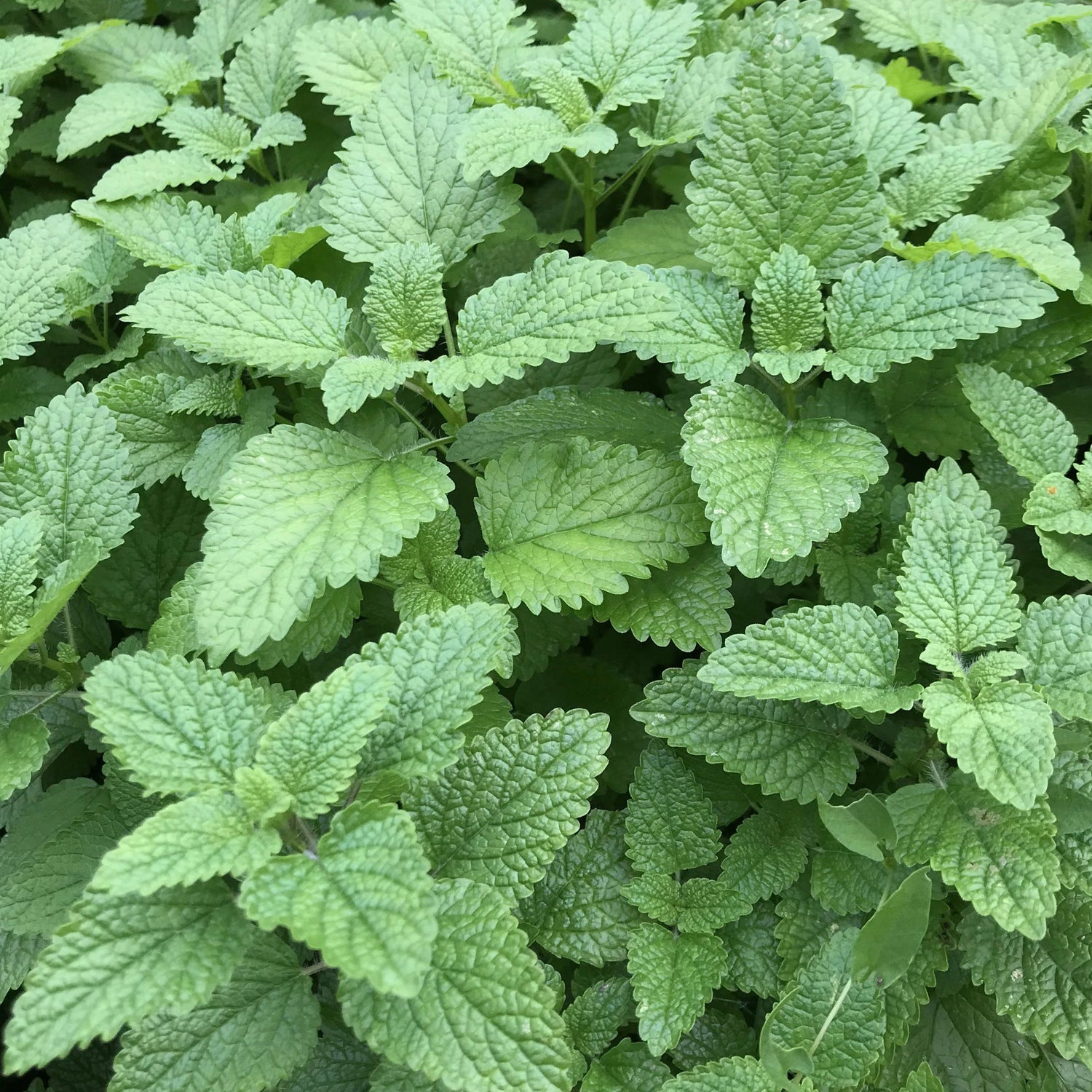
Tossing. Turning. Staring at the clock. If you’ve ever struggled to fall asleep—or stay asleep—you’re not alone. Millions of people experience insomnia or disrupted sleep, and while prescription medications can help, many prefer a more natural approach.
Enter herbal remedies: time-tested, plant-based solutions that can gently ease you into restful slumber. These herbs have been used for centuries in various cultures to calm the mind, relax the body, and support a healthier sleep cycle—without the grogginess or dependency that can come with sleep aids.
Here’s a guide to the most effective herbal remedies for better sleep—and how to use them safely.
Valerian Root

Valerian is one of the most popular and well-studied herbal sleep aids. It works by increasing GABA (gamma-aminobutyric acid) levels in the brain, a calming neurotransmitter that reduces anxiety and promotes relaxation.
How to use: Available in teas, capsules, or tinctures. Take about an hour before bed.
Tip: It has a strong smell, but don’t let that deter you—many find it very effective for falling asleep faster.
Chamomile

Chamomile is widely known for its calming effects and is often consumed as a tea before bedtime. It contains an antioxidant called apigenin, which binds to receptors in the brain that promote sleepiness and reduce anxiety.
How to use: A warm cup of chamomile tea 30–60 minutes before bed can help you unwind.
Bonus: Chamomile is gentle enough for most people, including children and the elderly.
Lavender

Lavender is best known for its soothing aroma, but it’s more than just a pleasant scent. Studies show that lavender can help improve sleep quality, reduce anxiety, and promote a more restful night’s sleep.
How to use:
-
Add a few drops of lavender essential oil to a diffuser.
-
Apply diluted lavender oil to your temples or wrists.
-
Sip a cup of lavender-infused tea.
Note: Lavender oil should not be ingested unless labeled as food-grade and approved by your healthcare provider.
Passionflower

Passionflower is another calming herb that boosts GABA activity in the brain, similar to valerian. It’s especially helpful for people who experience racing thoughts or anxiety at bedtime.
How to use: Available as a tea, extract, or supplement. Drinking passionflower tea in the evening can be a gentle way to ease into sleep.
Lemon Balm

Part of the mint family, lemon balm has a light citrus scent and has long been used to relieve stress and promote sleep. It may be especially effective when combined with other calming herbs like valerian or chamomile.
How to use: Try lemon balm tea or a tincture about an hour before bed. It’s also found in many herbal sleep blends.
Magnolia Bark

Used in Traditional Chinese Medicine, magnolia bark has sedative properties and may help reduce cortisol levels (your stress hormone). It’s been shown to help shorten the time it takes to fall asleep and improve REM sleep.
How to use: Available in capsule or powder form. Best taken under guidance from a healthcare provider.
Ashwagandha

Though not a sedative, ashwagandha is an adaptogen that helps the body manage stress—one of the biggest barriers to restful sleep. Over time, it can help lower cortisol levels and support a more balanced sleep-wake cycle.
How to use: Found in capsule, powder, or tincture form. Best taken earlier in the evening rather than right before bed.
Tips for Using Herbal Sleep Remedies Safely
-
Start with small doses, especially if you’re new to herbs.
-
Be consistent—some herbs work better when taken regularly.
-
Avoid mixing with alcohol, sedatives, or prescription sleep aids.
-
Talk to your doctor if you're pregnant, breastfeeding, taking medications, or have a chronic health condition.
-
Combine with healthy sleep habits like a regular bedtime, reduced screen time, and a calming nighttime routine.
Conclusion
Herbal remedies offer a gentle, natural way to improve sleep—especially when stress or anxiety is keeping you up at night. While they’re not a magic bullet, they can be a powerful part of a holistic sleep strategy when paired with good sleep hygiene and stress management.
So the next time sleep feels out of reach, try turning to nature’s medicine cabinet. A warm cup of chamomile tea or the soft scent of lavender might be just what your body needs to finally relax, let go, and drift off into peaceful rest.
*** Please consult your physician before starting any new herbs or supplements as they can alter the effectiveness of your medication.***
If you or someone you know struggles with sleep, please click the orange button below to take a free online sleep test and talk with one of our sleep health professionals.

